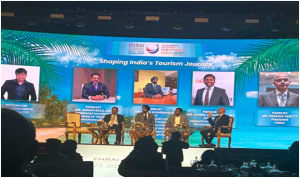
TTT NEWS NETWORK
GOA, 19 OCTOBER 2024:
The third day of the FHRAI Annual Convention 2024, held in Goa, brought together prominent industry leaders and government officials to discuss the future of the Indian hospitality sector. Goa, known for its rich cultural heritage and scenic landscapes, was highlighted as a prime destination for not only traditional tourism but also emerging sectors like wellness tourism. The government of Goa emphasised its efforts to diversify the tourism offerings by promoting lesser-known gems of the state, including its wellness initiatives, partnerships with online platforms like Airbnb and Agoda, and the development of a homestay policy to empower local communities.
Today’s business sessions delved into key topics such as capacity building in the tourism sector, the importance of collaboration between state and central governments for effective policy implementation, and easing the regulatory environment to facilitate faster project approvals. The session saw discussions on inter-state coordination to streamline processes and the need for single-window clearances to boost investment and infrastructure development in tourism. Insights into how the state of Punjab has promoted tourism as a major industry through innovative policies were also shared, highlighting significant investments of ₹87,000 crore in the state over the last two years.
Suneel Anchipaka, IAS, Director of Tourism, Government of Goa, spoke passionately about Goa’s vision for wellness tourism, saying, “Goa, traditionally known for its beaches, is now focusing on wellness tourism and promoting its rich cultural heritage. Swaram Island, once home to India’s first yoga centre, reflects this new direction. The state has teamed up with the All India Institute of Bio-Wellness to create a full wellness ecosystem for tourists. Goa has also partnered with 258 hospitals to offer wellness treatments, aiming to attract more domestic and international visitors. By collaborating with popular platforms like Big Battery, Agoda, and Airbnb, the goal is to extend tourist stays by at least a day. In addition, new homestay policies in eco-sensitive areas are being introduced to empower local women and protect natural environments.”
Amit Kharbanda, the Secretary of Industry and Investment Promotion, Punjab, also shared insights on tourism development in Punjab, saying, “Punjab has declared tourism as a key focus area for growth, with strong support from the Governor and Chief Minister. The state has already attracted ₹87,000 crore in investments over the last two years, with a large portion directed towards tourism. Unlike many MOUs, these investments are backed by official Government Application Forms, showing real commitments. Punjab has made it easier for investors to get land and clearances for tourism projects. State officials, including the Chief Minister, meet with investors every week to address any issues and ensure projects move forward without delays.”
Pradeep Shetty, President of FHRAI, said, “The tourism sector has bounced back significantly after the pandemic, thanks to the Ministry of Tourism’s push for domestic travel. However, delays in tourism projects at the state level remain a challenge, with some projects in Maharashtra and Goa facing up to two-year delays due to bureaucratic red tape. Although many states claim to have single-window clearance systems, they often hide multiple layers of bureaucracy that slow down the approval process. There’s a strong need for state-level reforms and better coordination between central and state governments to speed up these processes and unlock tourism’s full potential in India.”
The discussions highlighted the importance of wellness tourism, infrastructure development, and streamlined regulatory processes to unlock the full potential of the industry. As the event wrapped up, there was a collective sense of optimism, with both state and central governments emphasising the need for collaboration to ensure sustainable growth in the tourism sector across the country.

Advertisement:


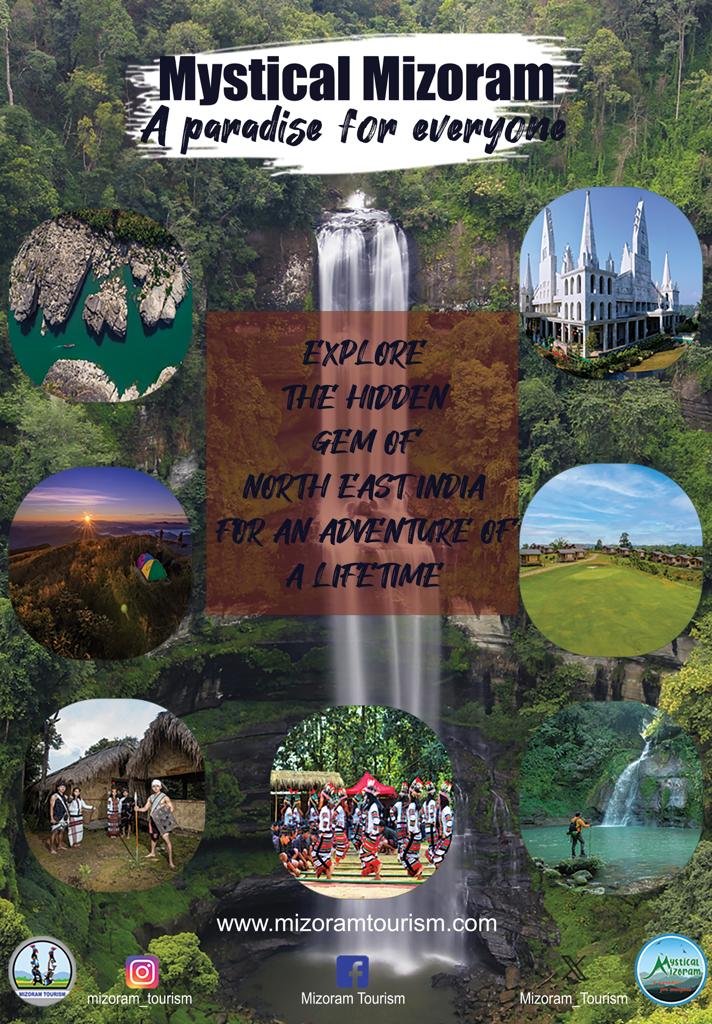



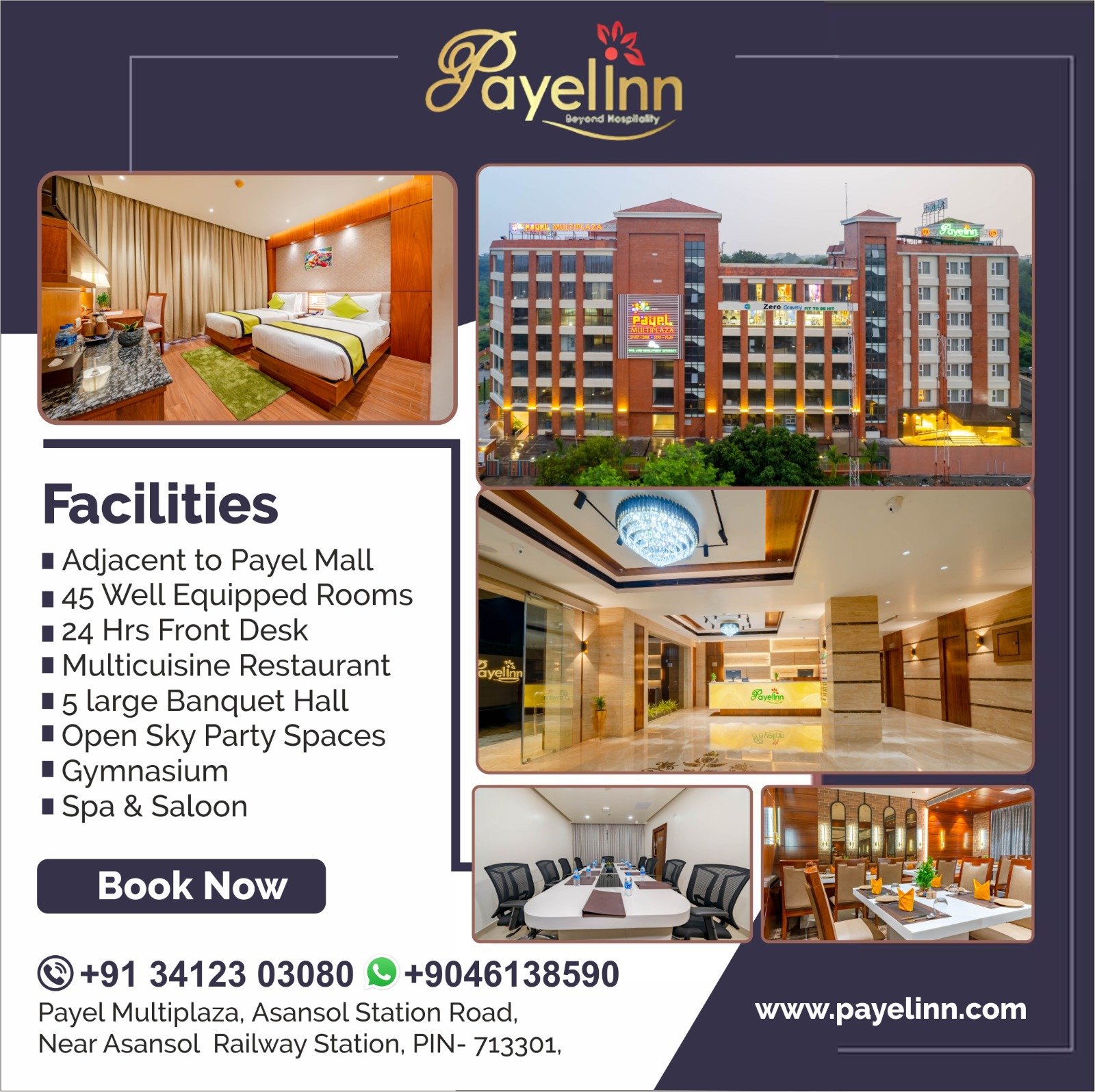








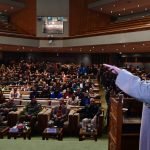



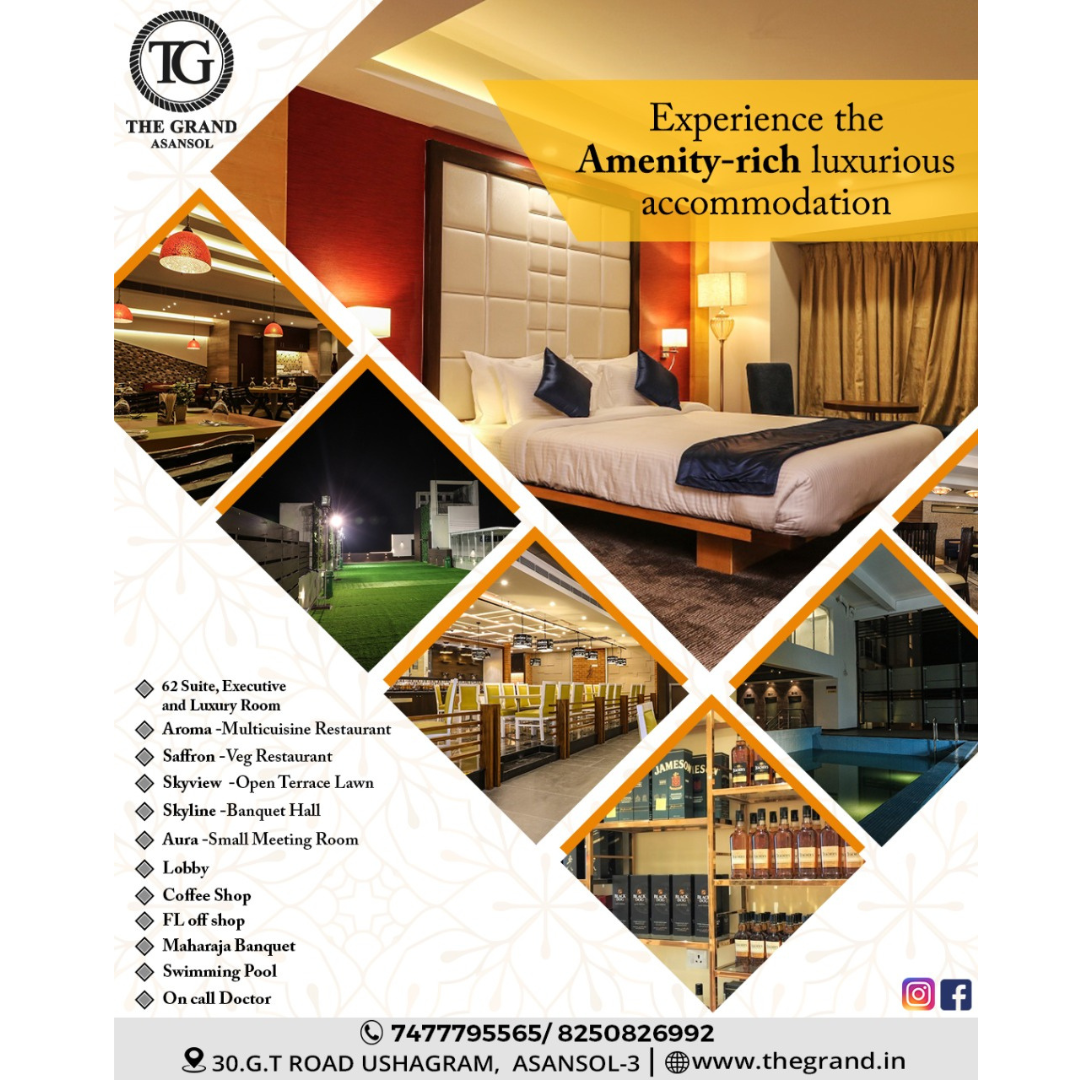
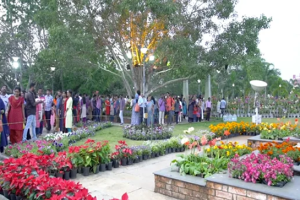
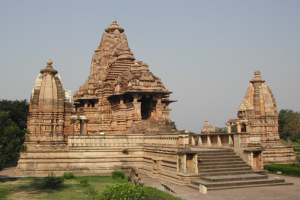
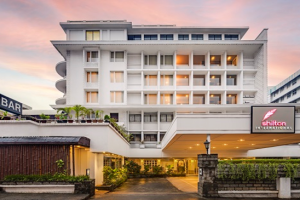







Add Comment